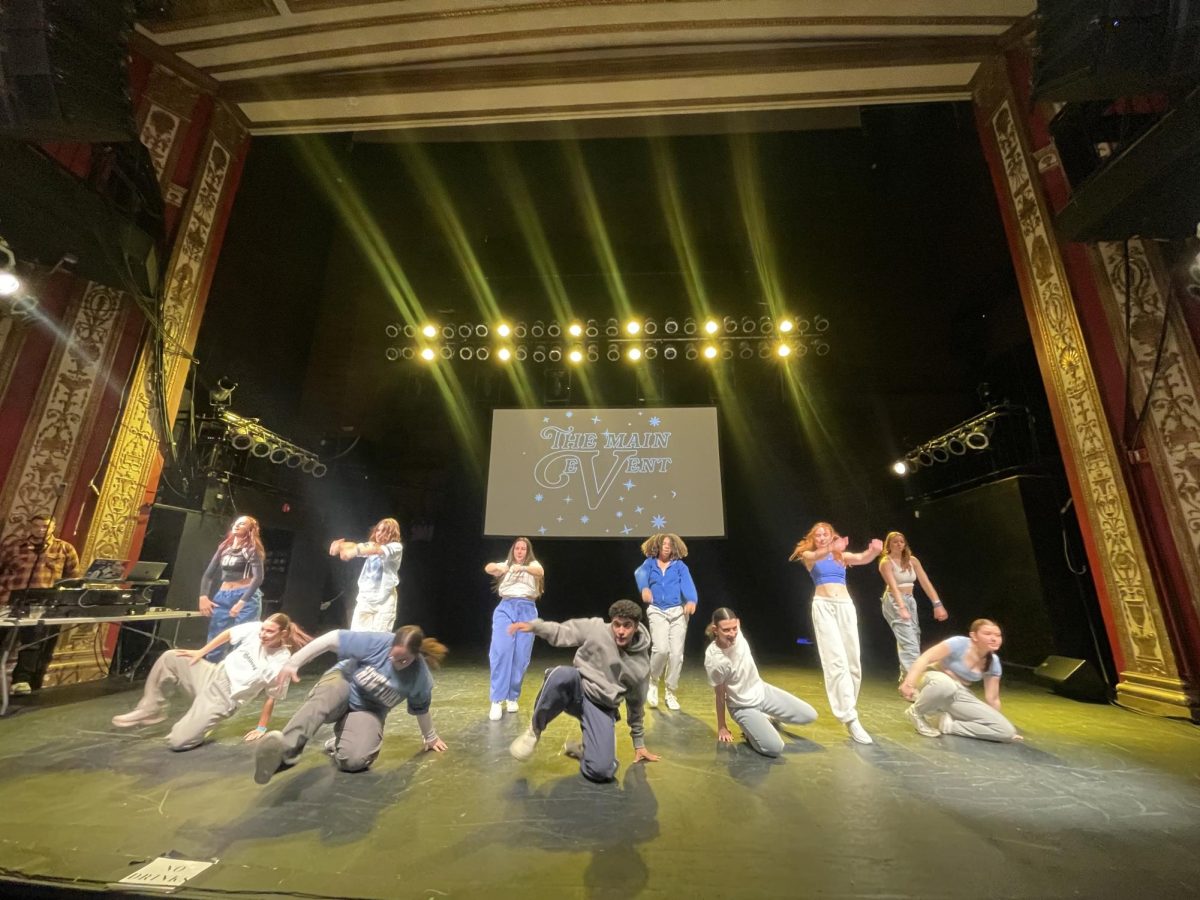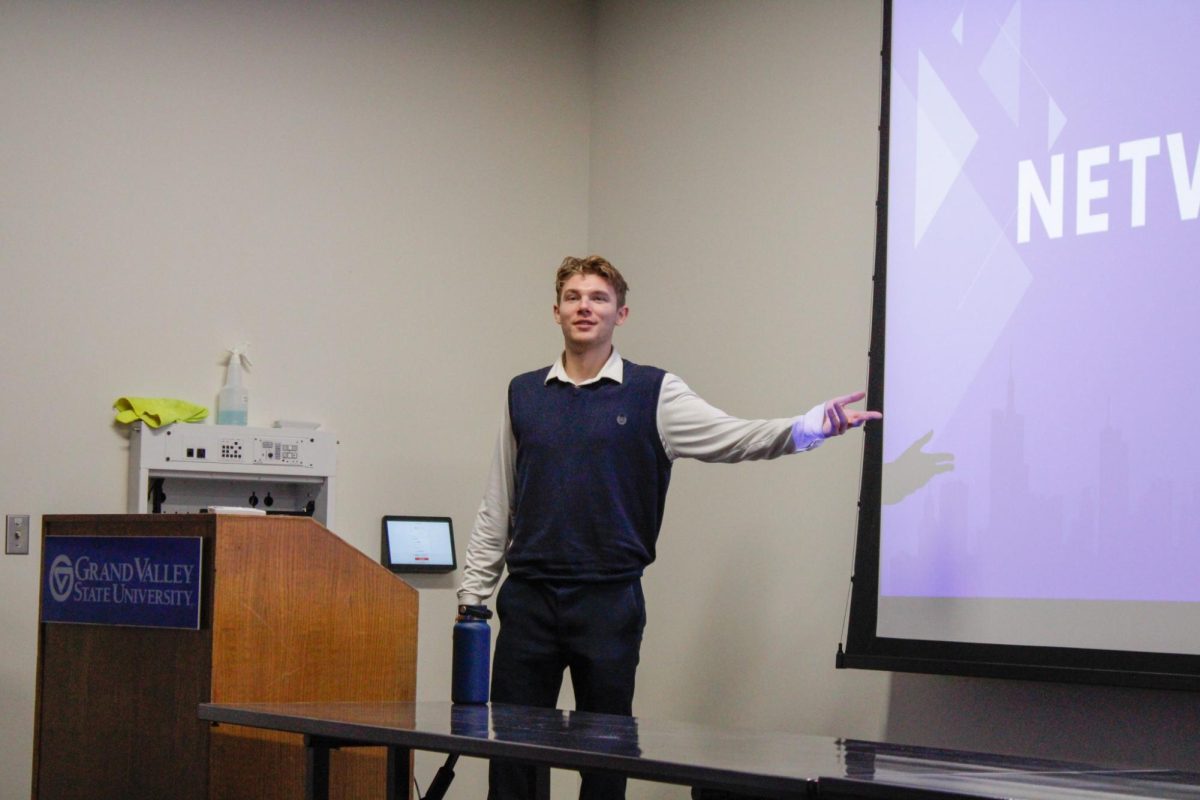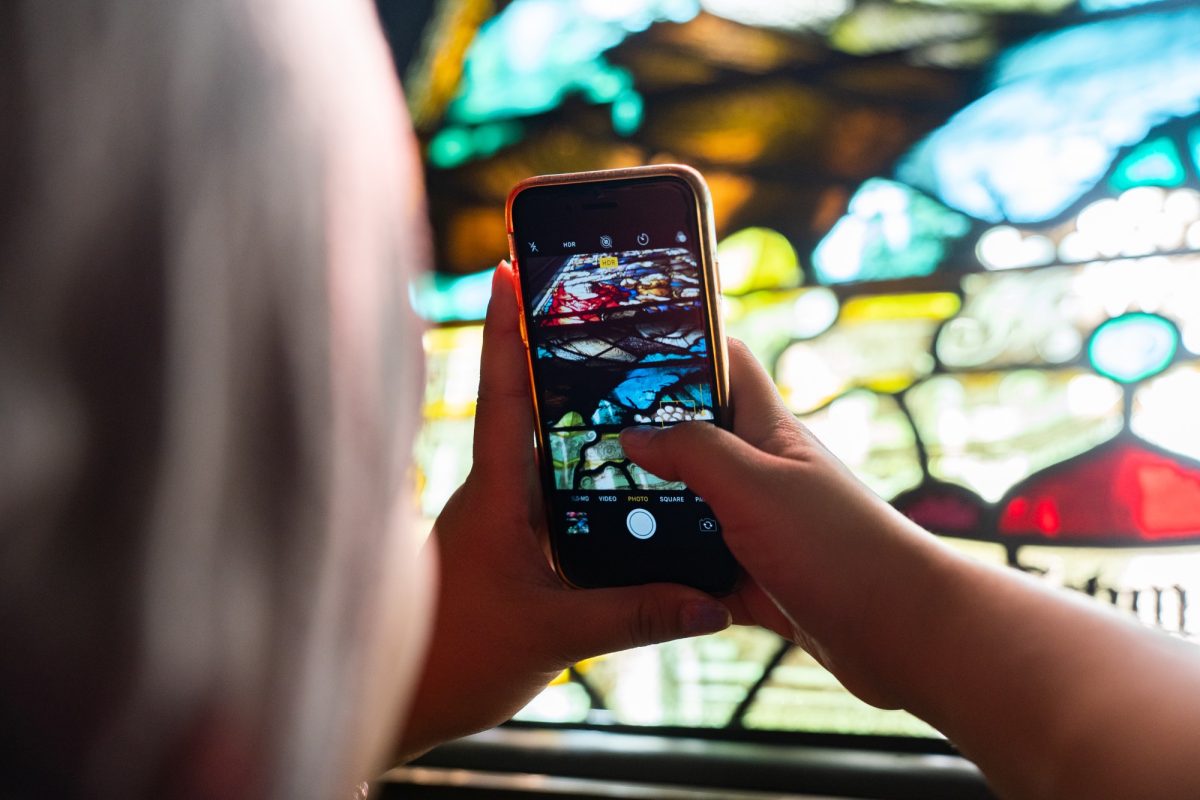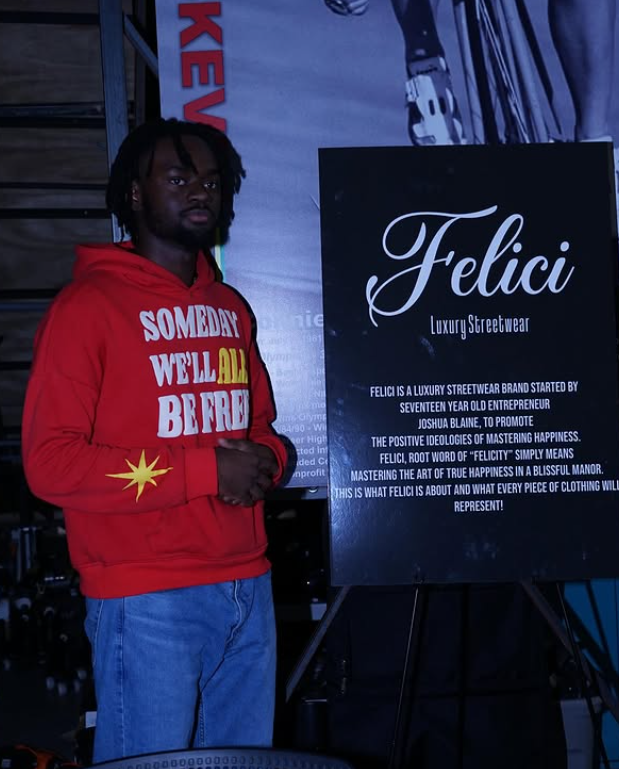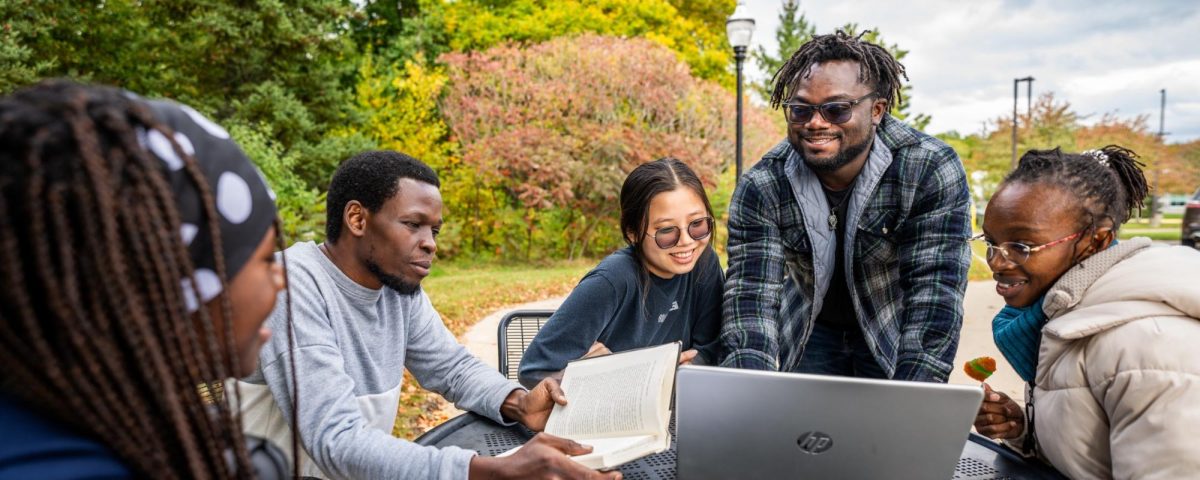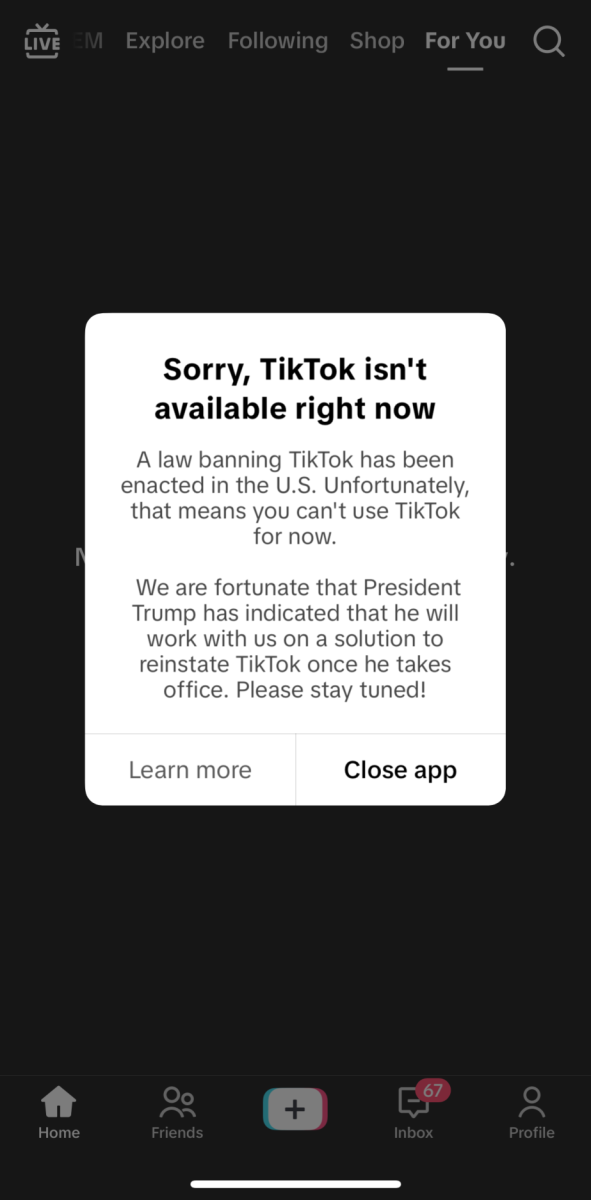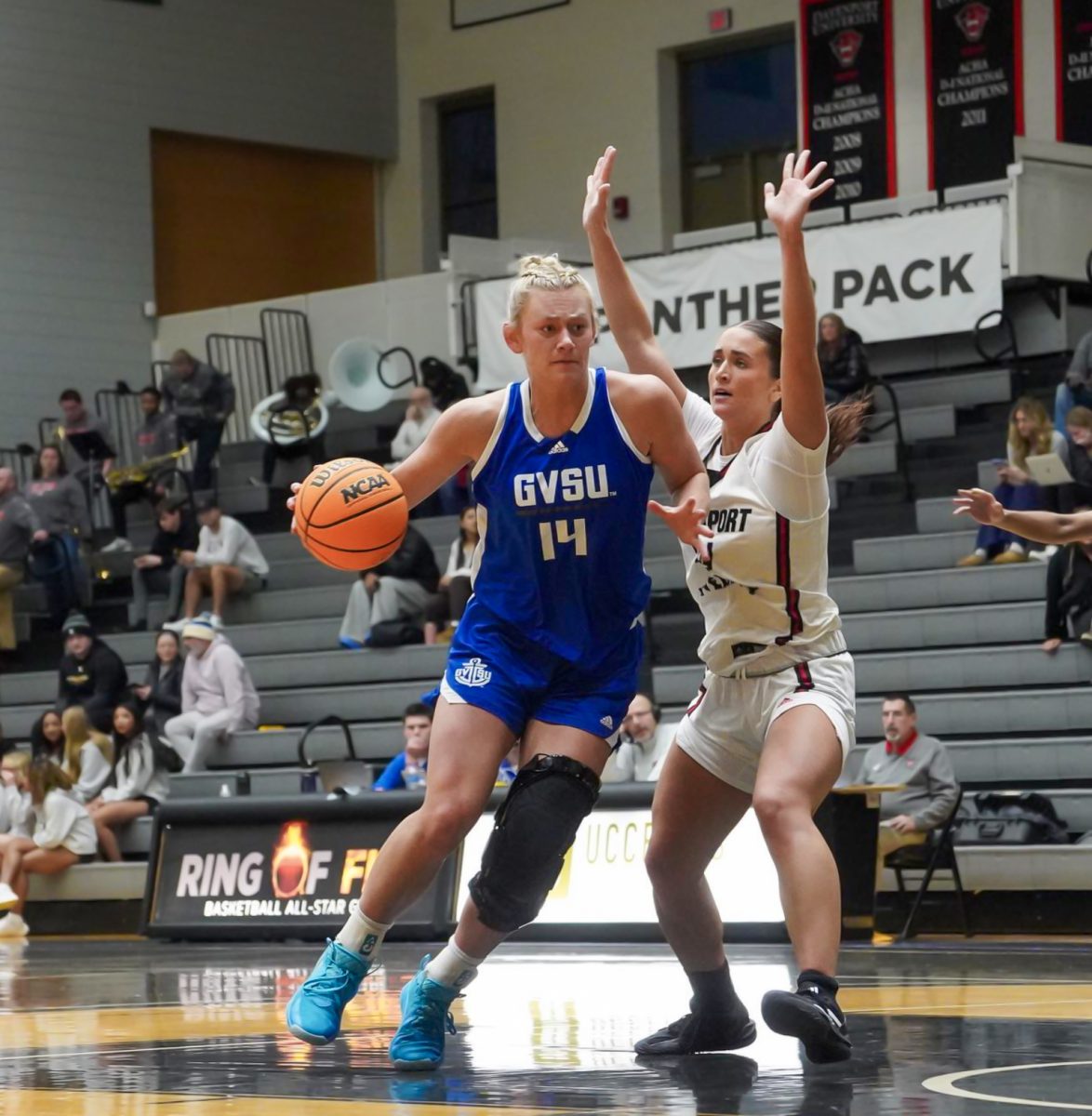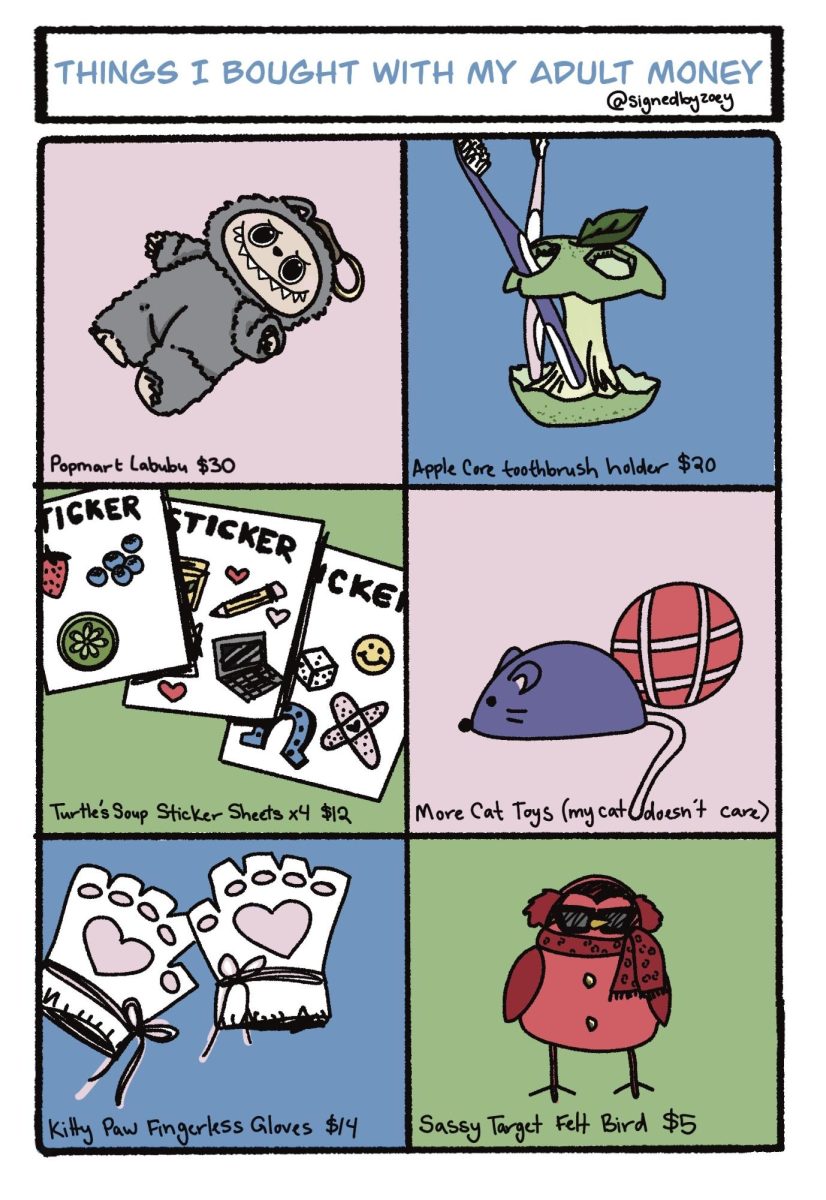GV Libraries highlight minority literature as national anti-diversity movement grows
Aug 29, 2022
Movements across the nation have sprouted to decrease or even eliminate funding for libraries because of their inclusion of literature depicting certain groups including the LGBTQ community and communities of color.
Librarians around the country have received harassment from patrons about novels available on their shelves. Now, the trend has reached a West Michigan library.
In Ottawa County, concerns spread throughout Jamestown Township over graphic novels depicting same-sex relationships and LGBTQ coming-of-age stories available in the Patmos Public Library. This sparked a movement to eliminate tax funding for the library, leading voters in early August to reject the renewal of a property tax millage for the library.
Without millage funds, which were rejected by 62% of Jamestown voters, the library faces a severely depleted budget and is in danger of being shut down.
On the campus of nearby Grand Valley State University, GVSU Libraries is no stranger to the pressure that the Jamestown public library and other libraries around the nation have been feeling.
In response to inquiries about items in the collections, library staff reinforce the American Library Association’s Library Bill of Rights. This states that library resources should not be excluded because of the origin, background or views of those contributing to their creation and to provide interest, information and enlightenment for all people the library serves.
“As a library leader, I am deeply concerned by the rise of censorship and devaluation of free access to information,” GVSU’s Dean of University Libraries Annie Bélanger said. “Those who have fostered censorship are rarely on the right side of history.”
In the past, GVSU’s own Mary Idema Pew Library has highlighted various types of minority-centric literature. This has included Black History Month and Women’s History Month displays in the lobby, as well as its second-floor display case, which currently houses the Undocumented Students’ Cartoneras Collections.
“We strive to provide a balanced collection representing all voices to ensure that different points of view are available to our students,” Head of Collections for University Libraries Cara Cadena said. “As an academic library, our collection development efforts align with the University’s existing curricular goals, while also considering the need for materials to support emerging programs of research and study.”
Cadena clarified, however, that inclusion of certain literature is meant solely to open patrons to different points of view and does not amount to support of any view in particular.
“The availability of any resource in our collection does not mean the Library advocates or endorses the ideas represented in that resource,” Cadena said.
As the national movement for restriction of diversity-oriented literature grows, staff at Mary Idema Pew Library said they plan to continue these displays during the next academic year.
“We plan to have future displays aligned with GVSU and University Libraries values and initiatives, including topics supporting inclusion and diversity,” Cadena said. “This fall, we have an ‘Open Everything’ exhibit planned in order to educate and inform visitors about the benefits of open access publishing.”
Bélanger made specific mention of the Libraries’ efforts to do so through coordination with on-campus student organizations.
“We plan to continue displays in close collaboration with Student Senate and student affinity groups,” Bélanger said. “As we plan these efforts, we are student-guided, using our platform to amplify the voices of students.”
With the rising concerns about the availability of certain literature in libraries, officials at the GVSU Libraries say they are dedicated to keeping all kinds of literature available for everyone in the campus community.
“Literature is a way of learning and growing empathy,” Bélanger said. “For many, reading about difficult situations can help them learn how to handle these before they live them or to see themselves represented. When identities are targeted for oppression, they are being othered, told they are not welcome and often told to be afraid. Representation matters.”






